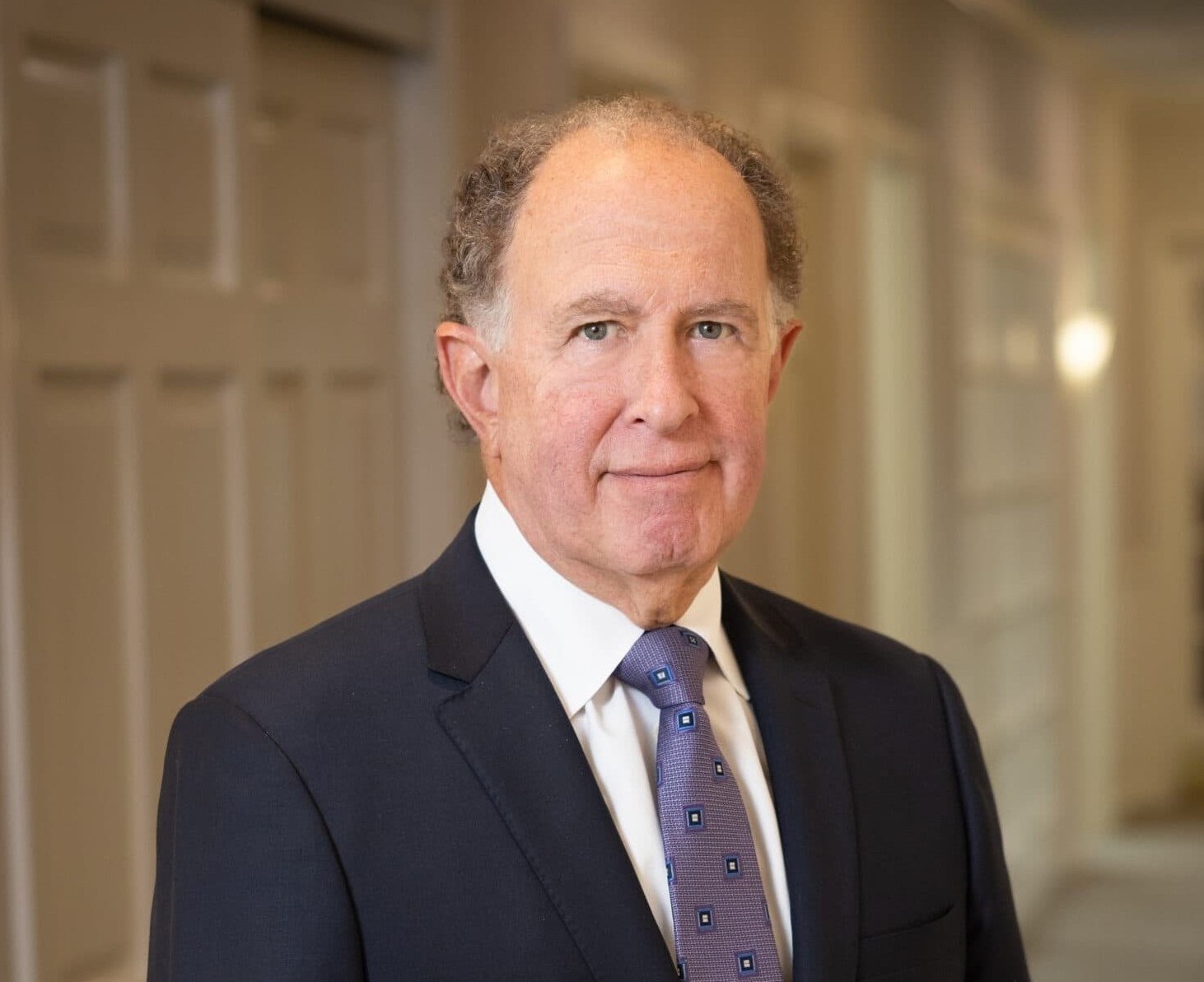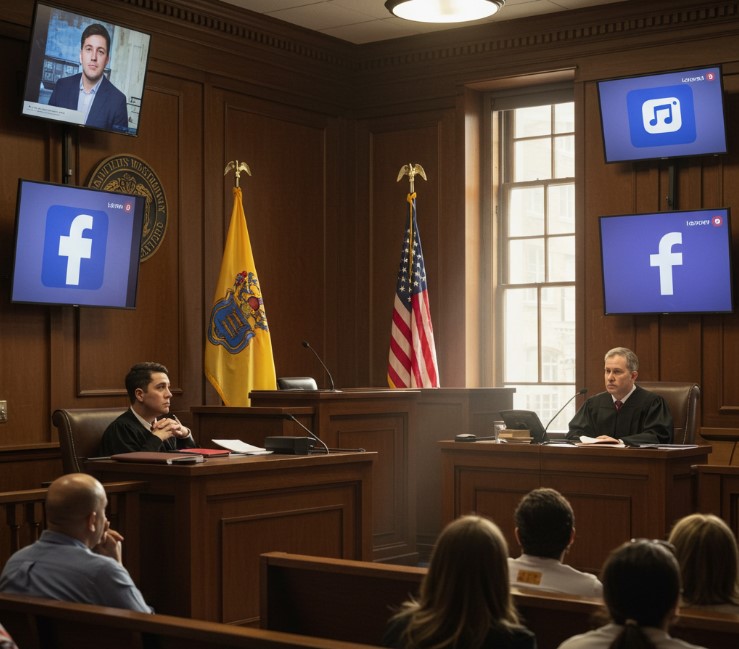A lawsuit[1] filed November 16, 2020 by the International Franchise Association (IFA) against the State of California seeks to declare that franchisees are not employees.
In the gig economy, many lawsuits were filed in California in an effort to have “independent contractors” considered to be employees, and thus protected under the California Labor laws. These cases were prompted by gig workers and “independent contractors” of services like Uber, Lift, etc. seeking protection under the law as if they were actual employees.
One such case made it to the California Supreme Court in 2018 where the court set forth a three-part test to determine if a worker is an employee or an independent contractor[2]. This test has been subsequently codified by the California Legislature[3] and is known as the California ABC Test. This took effect January 1, 2020, with revisions[4] effective September 4, 2020.
Under ABC Test, “[A] person providing labor or services for remuneration shall be considered an employee rather than an independent contractor unless the hiring entity demonstrates that all of the following conditions are satisfied:
(A) The person is free from the control and direction of the hiring entity in connection with the performance of the work, both under the contract for the performance of the work and in fact;
(B) The person performs work that is outside the usual course of the hiring entity’s business; and
(C) The person is customarily engaged in an independently established trade, occupation, or business of the same nature as that involved in the work performed.”
But the IFA asserts this test is overinclusive. The Federal Trade Commission (“FTC”) authorizes and regulates franchising through the Franchise Rule[5]. The FTC Franchise Rule defines a franchise as “any continuing commercial relationship or arrangement, whatever it may be called, in which the terms of the offer or contract specify, or the franchise seller promises or represents, orally or in writing, that:
(1) The franchisee will obtain the right to operate a business that is identified or associated with the franchisor’s trademark, or to offer, sell, or distribute goods, services, or commodities that are identified or associated with the franchisor’s trademark;
(2) The franchisor will exert or has authority to exert a significant degree of control over the franchisee’s method of operation, or provide significant assistance in the franchisee’s method of operation; and
(3) As a condition of obtaining or commencing operation of the franchise, the franchisee makes a required payment or commits to make a required payment to the franchisor or its affiliate.”
Before 1946, licensing of a trademark could be considered a deceptive practice. After the Lanham (Trademark) Act[6] was passed in 1946, a trademark could be licensed as long as the licensor “sufficiently policed and inspected its licensees’ operations to guarantee the quality of the products they sold under its trademarks to the public.”[7] This opened the door to widespread franchising.
The IFA argues that when applied to franchising, the California ABC Test is pre-empted[8] by the FTC Franchise Rule. Under the FTC Franchise Rule, franchise relationships and employment
relationships are mutually exclusive.
Under Prong A of the ABC Test, a franchisee is deemed an employee rather than an independent contractor unless the franchisee is free from the control and direction of the hiring entity (the franchisor) in connection with the performance of the work, both under the contract for the performance of the work and in fact. But, under the FTC Franchise Rule and the Lanham Act, a franchisee cannot be free from the control and direction of the franchisor. Thus, when interpreted strictly, Prong A classifies a franchisee as an “employee” of the franchisor.
Under Prong B of the ABC Test, a person may not be classified as an independent contractor unless that person performs work that is outside the usual course of the hiring entity’s business. By definition, franchisees pay for the right to operate a business that is identified or associated with the franchisor’s trademark. If operating a business or distributing goods that are identified or associated with the franchisor’s trademark[9], and that conduct is within the usual course of the franchisor’s business, then Prong B of the ABC Test would convert all franchise relationships into employment relationships.
By converting all franchises into employment relationships, California’s ABC Test could remove all franchises from the cognizance of the FTC Franchise Rule. This would conflict with the full purposes and objectives of Congress, including the authorization and regulation of the sale of franchises.
The IFA argues that when applied to franchising, the California ABC Test is preempted[10] by the Lanham Act. One purpose of the Lanham Act is to protect a trademark owner’s investment in the trademark. A major part of a trademark’s value to the trademark owner is the well-established right to license the trademark, so long as the trademark owner maintains control over the quality of the goods and services sold under the trademark by the licensee. Franchising is one such form of licensing. The Lanham Act expressly protects registered marks used in such commerce from interference by State or territorial legislation[11].
The IFA argues that in the franchising context, the California ABC Test is preempted[12] by FTC Franchise Rule because it is an obstacle to the accomplishment and execution of the full purposes and objectives of Congress. That purpose includes the authorization and regulation of franchising.
The lawsuit claims that franchising is fundamentally incompatible with the obligations that would be triggered if franchisees were deemed employees of franchisors under California’s ABC Test. For example, a California Labor law that requires employers to indemnify their employees for all necessary expenditures or losses incurred by the employee in direct consequence of the discharge of his or her duties could require the franchisor (at least arguably) to bear the franchisee’s losses. Another example is a California Labor law that prohibits an employer from compelling any employee to patronize his employer in the purchase of anything of value, meaning the franchisor (at least arguably) could not charge the franchisee such fees.
The IFA seeks a declaratory judgment that the California ABC Test does not apply to franchising because the test is preempted by the FTC Franchise Rule and the Lanham Act. The lawsuit also seeks an injunction to prevent enforcement of the ABC test against franchisors and franchisees.
At this time, no response has been filed to the lawsuit.
| Alan L. Poliner has over 20 years of experience litigating cases in a variety of subject areas, including title litigation, real estate litigation, commercial litigation, and franchise litigation. Mr. Poliner also counsels clients on riparian property rights and franchising. |
International Franchise Association, et al. v. State of California, et al., U.S. Dist. Ct., S.D.Ca. # 3:20-cv-02243.Dynamex Operations West, Inc. v. Superior Court, 4 Cal. 5th 903 (2018).Assembly Bill 5 (“AB5”) and Assembly Bill 2257 (“AB-2257”).These revisions did not exempt the franchise relationship.16 C.F.R. §436 et seq.15 U.S.C. §1051 et seq.Dawn Donut Co. v. Hart’s Food Stores, Inc., 267 F.2d 358, 367 (2d Cir. 1959).Under the doctrine of preemption, which is based on the Supremacy Clause of the U.S. Constitution, federal law preempts state law, even when the laws conflict.16 C.F.R. 436.1(h).Under the doctrine of preemption, which is based on the Supremacy Clause of the U.S. Constitution, federal law preempts state law, even when the laws conflict.15 U.S.C. §1127.Under the doctrine of preemption, which is based on the Supremacy Clause of the U.S. Constitution, federal law preempts state law, even when the laws conflict.
.













